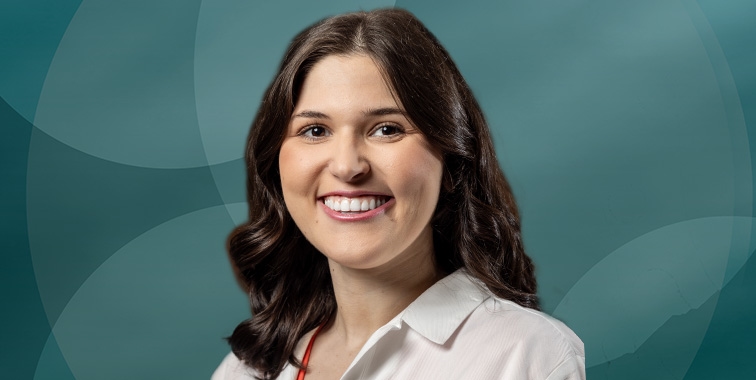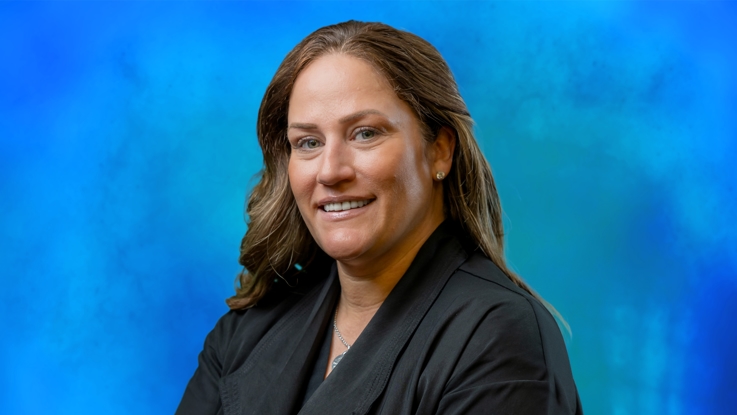What You Should Know About Osteoporosis
- Category: In The News
- Posted On:

What is Osteoporosis?
Osteoporosis is a disease that causes bones to become thinner and more likely to break. It is common in older women, but young people and men may develop osteoporosis, too.
Risk Factors
- Age: 65 and older
- Menopause
- Small, thin-bones
- Family history of osteoporosis
- Calcium and vitamin D deficiency
- Sedentary lifestyle
- Smoking
- Excessive alcohol use
- Extensive use of bone-thinning medications (i.e., prednisone, corticosteroids)
Individuals with osteoporosis may get shorter or develop a curve in their back. Although pain is usually not associated with the onset of osteoporosis, severe back pain may develop later on and prevent involvement in some activities.
“People with osteoporosis are more likely to break a bone in their back, wrist or hips," explains Dr. J. Larry Fambrough, Orthopedic Surgeon, Plaza Orthpedics. "These breaks can lead to other medical complications and cause severe pain and even disability.”
Why Are Hip Fractures So Serious?
People who sustain a hip fracture are more likely to die than a person of the same age who does not experience this injury, with about 20 percent of them dying within a year of their injury.
Early Detection is Key.
"Osteoporosis is preventable and treatable," affirms Dr. Carl
M. Gauthier, Rheumatologist, North Oaks Rheumatology. "Getting adequate
amounts of calcium, vitamin D, appropriate exercise and, in some cases,
medication are important to maintain healthy bones.”
A bone density test can measure bone mass and may help determine bone
strength and predict the risk of future fracture. The National Osteoporosis
Foundation recommends bone density tests for women over age 65 and men
over 70. Physicians may recommend tests earlier for patients who have
risk factors.
At North Oaks Diagnostic Center, a
bone density scan can be performed to detect bone changes. This test, which is performed
by a Radiologic Technologist, requires a physician’s order and usually
takes between 15 and 30 minutes. Talk to your primary health care provider
to see if a bone density scan is right for you. If you need a primary
care physician,
click here to use our "Find A Doctor" tool.




